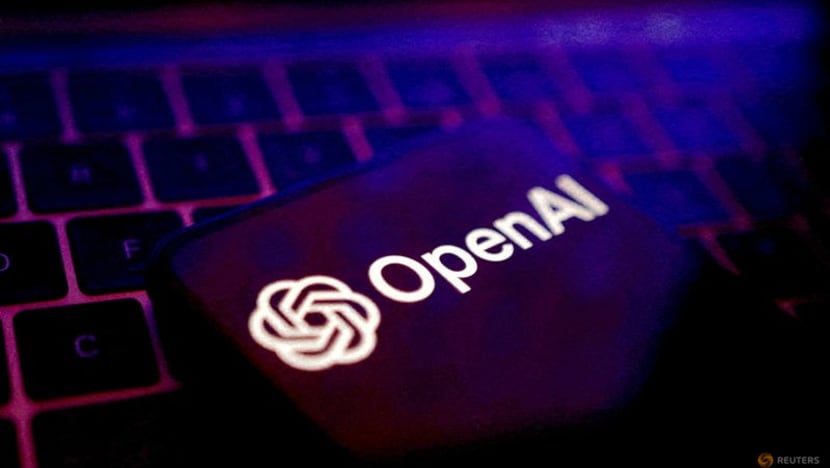

OpenAI, the company behind the groundbreaking ChatGPT, is reportedly in discussions to secure additional funding from Saudi Arabian and Indian investors. According to a report by The Information on June 11, 2025, OpenAI has engaged in talks with Saudi Arabia's Public Investment Fund (PIF), Indian conglomerate Reliance Industries, and existing shareholder MGX, a United Arab Emirates-based investment firm, to participate in its latest $40 billion financing round. This round is reportedly being led by SoftBank Group.
The potential investments from these entities could each amount to hundreds of millions of dollars, signifying a substantial commitment to OpenAI's ambitious endeavors. Such an investment by Saudi Arabia's PIF, which manages over $900 billion in assets, would highlight the Kingdom's growing interest in the artificial intelligence sector and its broader diversification strategy. Similarly, Reliance Industries' potential involvement underscores the increasing significance of AI for major Indian corporations.
OpenAI's pursuit of fresh capital aligns with its strategic objectives, including funding the development of more sophisticated AI models and the infrastructure required to support them. A significant portion of this funding is earmarked for "Stargate," a large-scale AI infrastructure project. This initiative is a joint venture between OpenAI, SoftBank, and Oracle, aimed at constructing AI data centers within the United States.
The company, founded in 2015, has already secured substantial funding from various sources. Tracxn reports that OpenAI has raised a total of $57.9 billion across 11 funding rounds, including seed, late-stage, debt, and grant rounds. Microsoft remains a key investor, holding a 49% ownership stake through investments totaling $13.7 billion. This partnership grants Microsoft access to OpenAI's AI models, which are integrated into products like Microsoft 365 Copilot and Azure AI.
The AI landscape is becoming increasingly competitive, with companies like Google, Amazon, Anthropic, and Perplexity investing heavily in the field. OpenAI's valuation is estimated at $300 billion, placing it among the world's most valuable private companies, alongside SpaceX and ByteDance. This substantial valuation reflects the market's confidence in OpenAI's potential and its leading role in the AI revolution.
Despite its significant investments and revenue projections, OpenAI is not expected to become cash-flow positive until 2029. This extended timeline underscores the company's focus on long-term growth and its commitment to investing in research, talent acquisition, and technological infrastructure. In the interim, OpenAI is exploring various revenue streams, including enterprise solutions, API access, and partnerships across different industries.
OpenAI's business strategy extends beyond technological advancements. It also focuses on ensuring that AI delivers real-world benefits. The company is actively investing in startups across various sectors, integrating its AI into workflow automation, robotics, healthcare, and content creation. This strategy reinforces OpenAI's market dominance and drives the adoption of AI in diverse applications.
In addition to software and cloud-based solutions, OpenAI is also venturing into AI hardware. The company acquired Jony Ive's startup, io, for $6.5 billion in an all-stock deal, signaling its intent to reshape how consumers interact with technology. This move could potentially disrupt the existing hardware landscape and create new opportunities for semiconductor and edge-AI chipmakers.
Looking ahead, OpenAI's strategic partnerships, product development efforts, and diversified revenue streams will be crucial in achieving long-term success. The company's commitment to ethical AI development, combined with its focus on practical applications, positions it as a leader in the rapidly evolving AI market. While challenges and competition persist, OpenAI's pursuit of funding from global investors like Saudi Arabia and India underscores its ambition and its potential to shape the future of artificial intelligence.